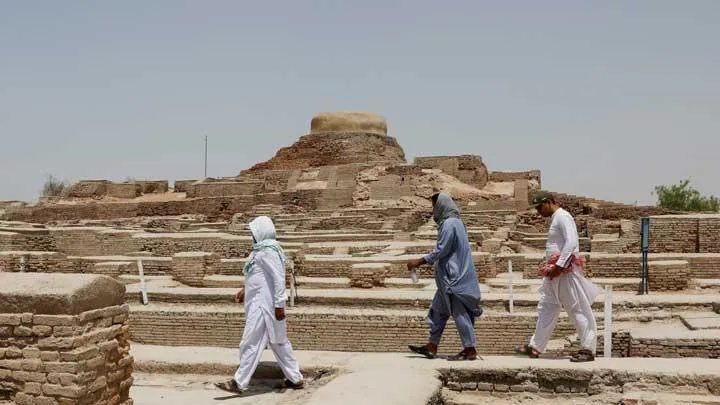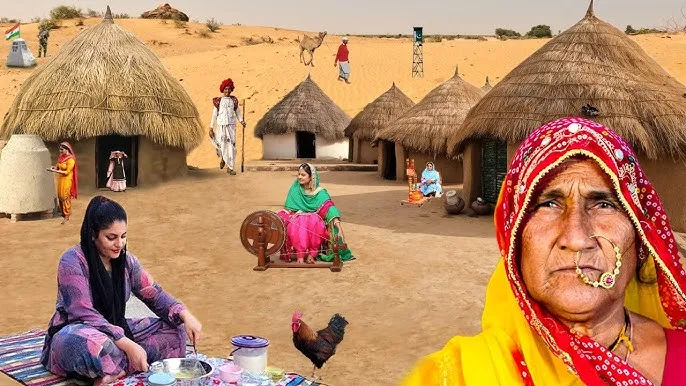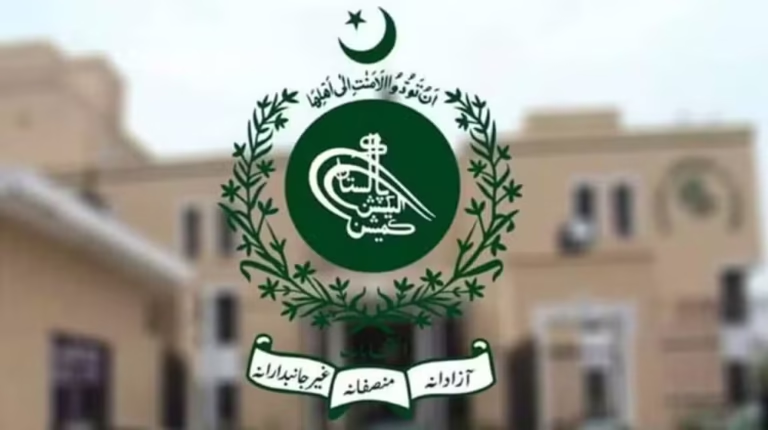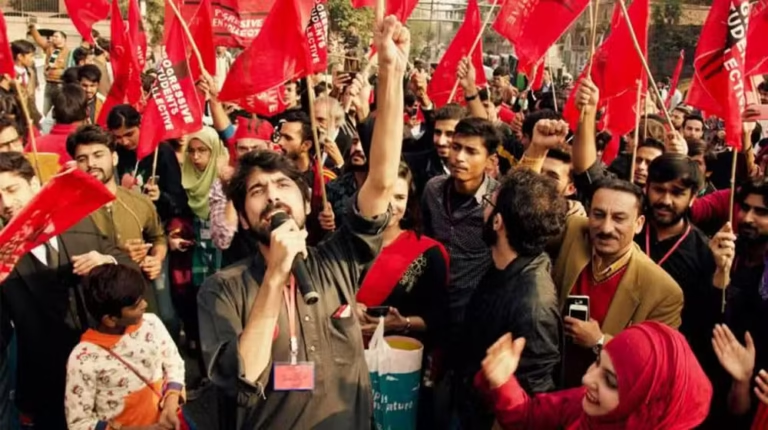Muhammad Ali Jinnah is grandfather of Pakistan or, one should say, one of the most honored political leaders of all time in politics. He led Pakistan from vision, leadership, and will into the realization of transforming a nation of Pakistan in 1947. Nicknamed Quaid-e-Azam (The Great Leader), Jinnah’s role in politics, society, and in the law transformed the lives of millions as he carved out a nation for Muslims. Below follows an examination of Jinnah’s leadership in his struggle for Pakistan.
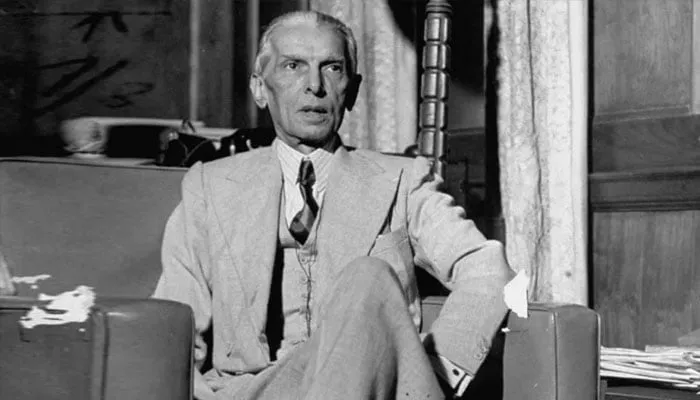
Early Life and Political Beginnings
Born: on December 25, 1876. The place where he was born happened to be Karachi, then a later part of British India. Jinnah graduated as a barrister from the Inns of Court in England and then became one of the excellent barristers in British India. His early career and, therefore, his political orientation was highly in favor of Hindu-Muslim unity; so he was aligned with Indian National Congress, though to soon have policy differences that began to exclude Muslims from becoming a strong participant.
He joined All-India Muslim League in India to protect himself as well that Muslims are protected in the country also. He joined this political party in 1913. Early years under this political party led him to be a founder leader for the nation of Pakistan.
The Idea of Nation on Separate Basis
He believed that Muslims should have a particular homeland to preserve their religion, culture, and politics although all communities are blessed with democratic rights. He presented it in the well-known Two-Nation Theory where he proclaimed that Muslims and Hindus are two nations which follow different traditions, religion, and lifestyle.
It expressed leadership very boldly, culminating into forming the Lahore Resolution of 1940 that helped Muslim League adopt a separate nation for Muslims and hence became a turning tide in the Indian independence movement. It then served as the founding foundation of the Pakistan Movement.
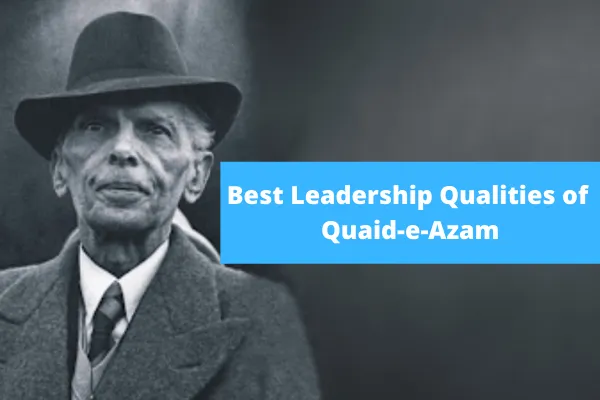
Qualities of Leadership
Some of the leadership qualities provided by Jinnah were the distinguishing factors that made him come out as the centripetal figure of the Pakistan Movement in the following aspects:
1. Strategic Vision:
Jinnah, of course, was a man with proper vision, and he worked day and night to achieve it. So, his vision about some socio-political challenges against Muslims in united India makes him unrelenting commitment to the cause of Pakistan.
2. Single-Minded Determination:
He persevered and continued on his plan of Pakistan despite all the opposition coming in from both the British government and the Indian National Congress, even some Muslim factions of this time. His work inspired millions.
3. Negotiation Skills:
He was one great negotiator. In the knotty negotiations presented by the British and that by the leaders of Congress, he could very skillfully ward off be ignoring Muslim claims.
4. Knowledge of Laws:
This barrister sense of constitutional laws proved extremely useful to him in presenting the cause of Pakistan very strongly on legal as well as moral grounds.
5. Apu for Eloquence and Honesty:
This personality of Jinnah with the reputation of being honest and clean earned respect to him both from his friends and foes too. Important Events of Pakistan Movement
1. Lucknow Fact (1916):
The early works of Jinnah in Hindu-Muslim unity was reflected in Lucknow Pact, where both Congress and Muslim League made a united demand for self-rule from the British.
2. Round Table Conferences (1930-32):
The London conferences, who spoke about constitutional reforms in India, had a delegate in Jinnah. Though these did not bring any fruit, yet the conferences made Jinnah a champion of Muslim rights.
3. Lahore Resolution (1940):
It was a giant leap when it insisted on a separate homeland for Muslims. Lahore session speech proved that Jinnah was a man of determination with clarity of vision.
4. Elections of 1946:
Muslim League, under Jinnah, won an overwhelming majority in Muslim-majority provinces which demonstrated the widespread support for Pakistan.
5. Direct Action Day (1946):
Jinnah needed that day to prove that the Muslims were demanding a separate homeland. It presented the fact that the Pakistan issue needed urgent thinking.
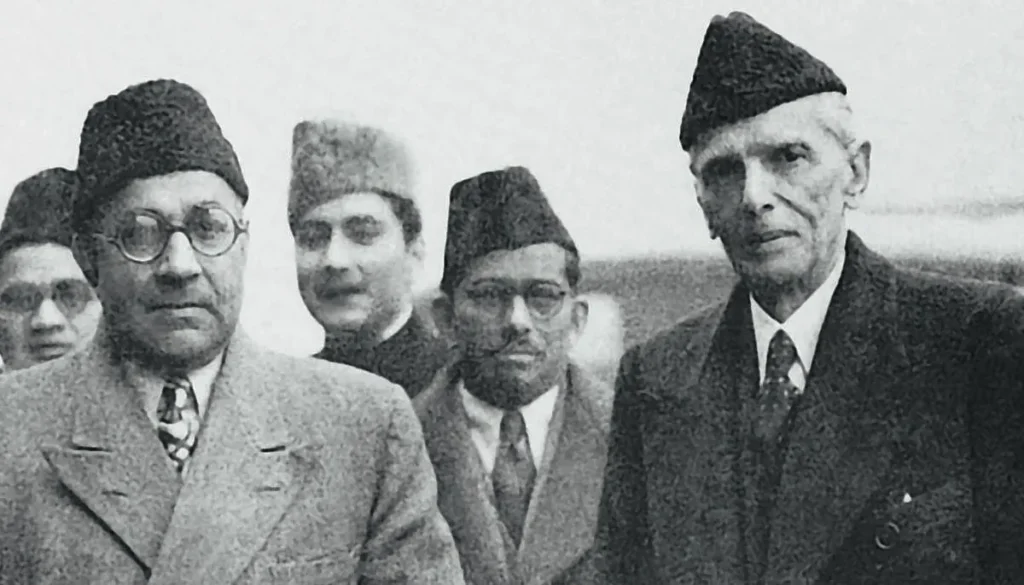
Challenges and Victories
The Pakistan Movement was one of the trying experiences that Jinnah had had in his life. Here, he had to gather the fractured Muslim nation into one roof. In addition to this, he needed to fight with the leaders of the Congress who included even Gandhi and Nehru besides facing the government of the British, which strongly opposed dividing India.
Although his health was very weak, he never softened up. This last phase of negotiations with the British in 1947 made him develop Pakistan.
Pakistan declared as independent state on 14 August 1947. Jinnah was the first Governor-General and dedicated himself to form the modern integrated state.
Legacy of Jinnah
Jinnah had a vision of a homeland for all religions and castes. His speech on 11 August 1947 famously declared his commitment toward freedom of religion and minorities:
You may belong to any religion or caste or creed—that has nothing to do with the business of the State. However, his leadership guides Pakistan. Still, his strong will of working hard in integrity as well as in unison keep inspiring the nation.
FAQs on Jinnah’s Leadership
1. How was Jinnah related to the Pakistan Movement?
He was the first leader of the nation who could bring the voice forward for a separate homeland and took the Muslim League towards forming Pakistan.
2. What is the cause for which Jinnah resigned from Indian National Congress?
Jinnah quit the Congress because the body was more or less of Hindus. They neglected Muslims and did not care for the problems of Muslims.
3. Two-Nation Theory What is a two nation theory?
He believes Muslims should be provided with another homeland because the Pakistan Movement is not satisfied as he believes, in The Two-Nation Theory, that Muslims and Hindus are literally two different nations because diversified religion, culture, and civilization.
4. How many major setbacks did Jinnah face during the course of Pakistan Movement?
All these factors – Congress, Muslim League factionalism, and his health – thwarted Jinnah. Yet, Jinnah still managed to unite the Muslims and brought Pakistan home.

